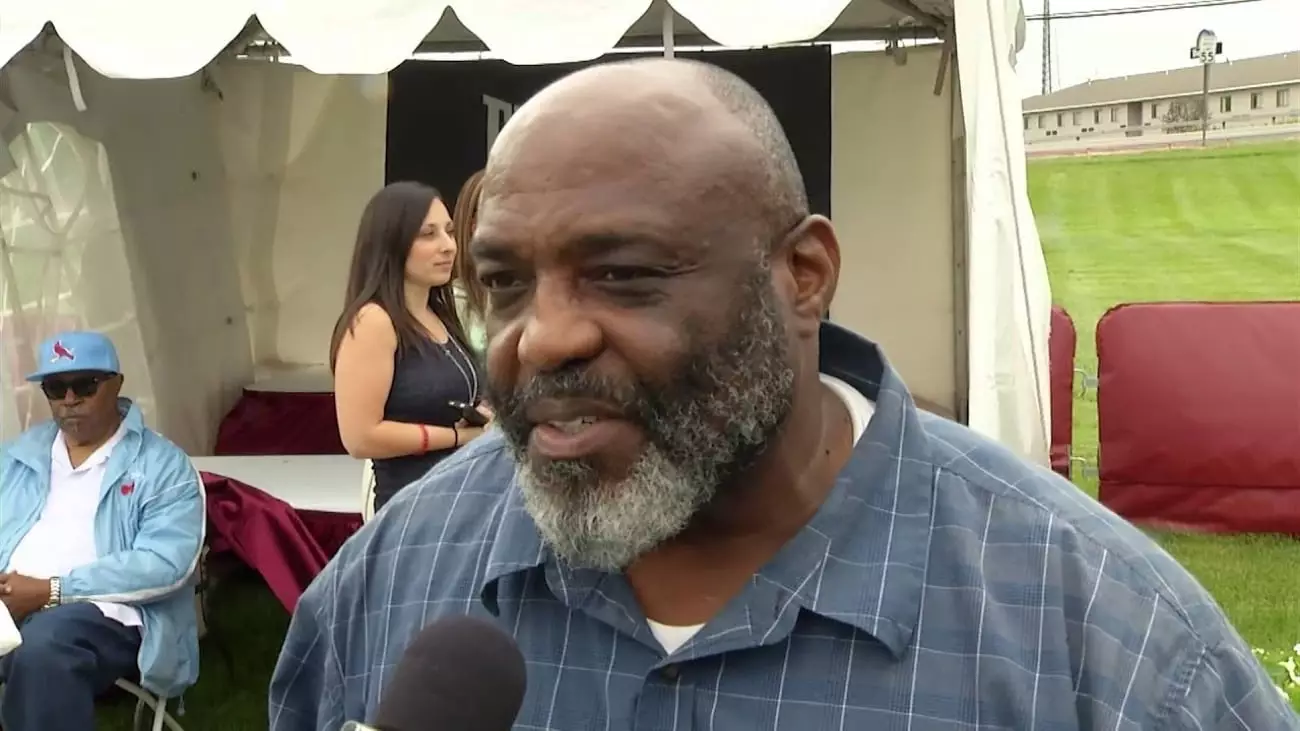When we discuss the most captivating fighters in boxing history, Dwight Muhammad Qawi undoubtedly deserves a prominent spot on that list. A fighter who seamlessly fused aggression with artistry, Qawi’s career reflects not just skill but an unparalleled tenacity, making his bouts compelling spectacles that captivated audiences. Celebrating his 72nd birthday today, it seems apt to reflect upon his legacy, achievements, and the indomitable spirit that defined his approach to the sport.
Dwight Qawi, originally known as Dwight Braxton, is a prime example of a fighter molded by his circumstances. Born in 1953, his early life was marked by struggles that took him down the path of crime, ultimately leading to incarceration. However, during his time in prison, Qawi found boxing. This unusual initiation into the sport became the foundation of his skills. Emerging from a challenging background, he embodied the phrase “what doesn’t kill you makes you stronger,” transforming his life into a testament of resilience.
Unconventional training methods in prison nurtured his combative instincts, setting the stage for a professional debut that was anything but typical. With no amateur experience to lean on and against the odds, Qawi started his professional career with a mixed bag of results. However, as he honed his craft, he evolved into “The Camden Buzzsaw,” a moniker that perfectly encapsulated his fighting style: aggressive, relentless, and wholly focused.
Qawi’s prowess in the ring was marked by a variety of skills that set him apart. Standing at approximately 5’6”, he was on the shorter side compared to many in his weight class, yet it was his ability to outmaneuver taller opponents that left spectators on the edge of their seats. His speed and agility allowed him to slip under punches, countering with a barrage of his own, showcasing a blend of finesse amidst his bulldog-like aggression.
His boxing style was characterized by fast, rapid-fire punches, which he threw with an intensity that made his opponents falter. It was this frenetic energy that led him to victories over formidable opponents such as Mike Rossman and Matthew Saad Muhammad. Rather than playing it safe, Qawi thrived on offloading energy, consistently applying pressure to his opponents, which often culminated in decisive victories. His resilient chin, coupled with his relentless punching output, made him a daunting adversary in any bout.
A pivotal moment in Qawi’s career came during a legendary clash against Evander Holyfield in June 1986. In what is often regarded as one of the greatest fights in boxing history, Qawi showcased his mettle against Holyfield. Despite losing the match, he left an indelible mark on the sport, earning the respect of fans and critics alike. The bout exemplified his fighting spirit and resilience, attributes that endeared him to many.
While the encounter with Holyfield solidified his reputation, Qawi’s tenacity did not wane post-fight. His career included a notable bout against heavyweight great George Foreman in 1988, where despite being heavier and at a disadvantage, Qawi put up a fierce fight. However, facing a formidable veteran like Foreman under such conditions proved too much, resulting in Qawi’s withdrawal from the match. Despite this setback, his ability to hold his own against such a prominent figure in boxing further demonstrated his prowess.
Once Qawi’s ring career came to a close in 1998, he left behind an impressive record of 41 wins, 11 losses, and one draw. His accolades, including induction into the Boxing Hall of Fame in 2003, stand as a testament to his contribution to the sport. While many might vaguely remember him as a competitor who had his share of ups and downs, serious aficionados know he was much more—a true warrior with a heart of gold, inciting admiration wherever he fought.
As we acknowledge Dwight Muhammad Qawi’s legacy today, his story serves as an inspiration—not only for aspiring boxers but for anyone facing adversity. Through grit, determination, and a relentless spirit, Qawi remains an enduring symbol of what it means to fight—not just in the ring, but in life. Happy birthday, champ; your impact will echo in the annals of boxing history!


Leave a Reply